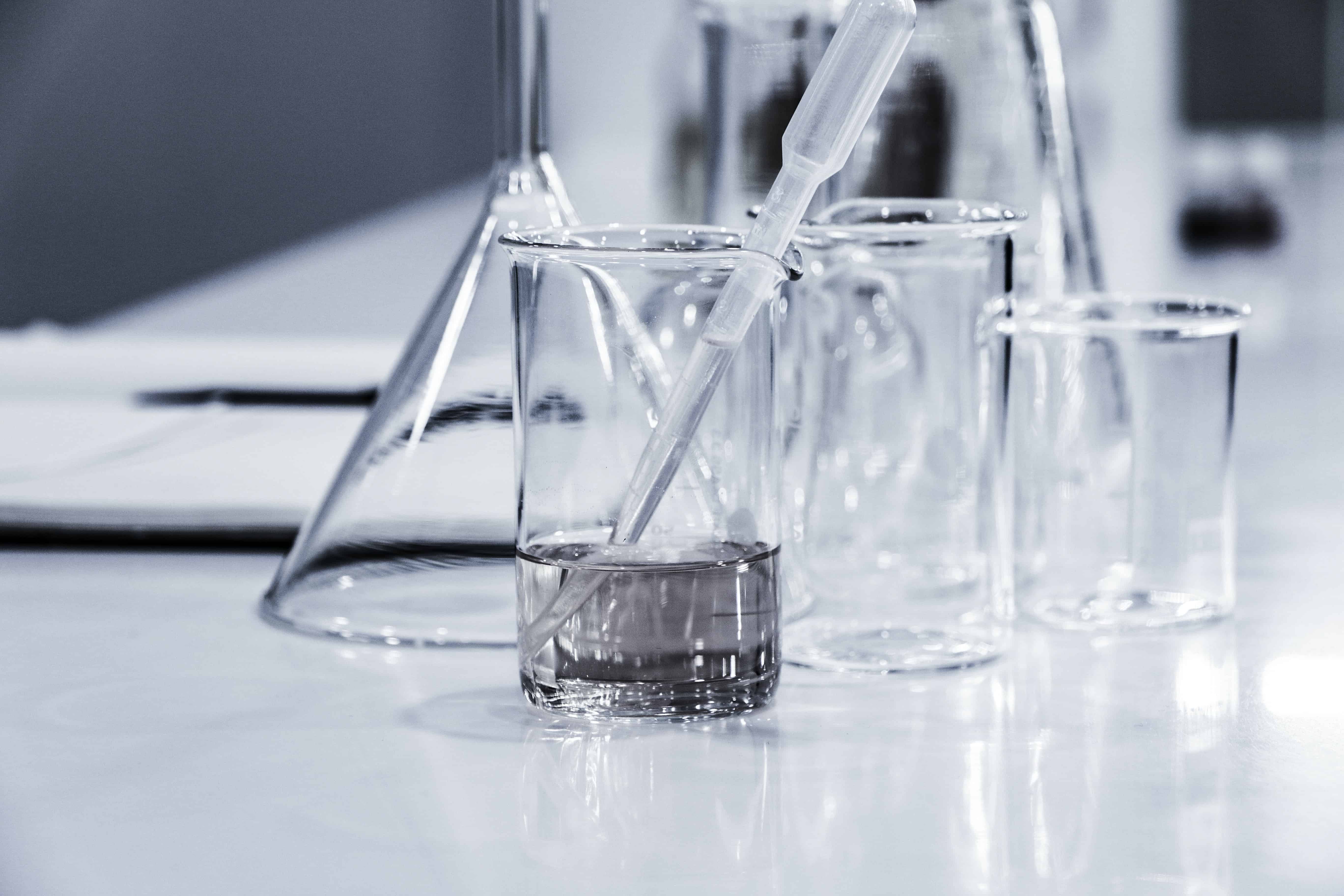
Delft Imaging has leveraged its expertise and has joined forces with Thirona, Radboudumc, Bernhoven,(Netherlands), HT médica (Spain) and Fakultas Kedokteran UI (Indonesia) to develop a tool for the triage of COVID-19 suspects by using Artificial Intelligence on chest X-ray images. The software is called CAD4COVID (Computer Aided Detection for COVID-19). It will support the health systems and health workers by helping to triage patients and inform the care pathway.
Software solution is free of charge
Delft Imaging is specialized in tuberculosis (TB) screening and with its proven CAD4TB solution has screened over 6 million people in 40 countries. The company optimised CAD4TB to triage Covid-19 suspects and are launching this solution free-of-charge. CAD4COVID has been developed with the intention to support triaging in resource-constrained settings and high-prevalence areas. It will become available this week.
Support healthcare facilities around the world
“Covid-19 is a global health crisis that will long be remembered and that has impacted the lives of millions of people around the world,” state the company in a press release about the AI-based software tool. “Both low- and high-resource countries have been greatly impacted by this public health crisis. In response to this crisis, Delft Imaging wants to support Ministries of Health and healthcare facilities around the world by leveraging their extensive experience in artificial intelligence and tuberculosis screening, with which they have already screened millions of people around the world.”
Heatmap of the infected lungs
The ingenuity behind CAD4COVID uses the same technical core as the software Delft Imaging uses for tuberculosis detection, CAD4TB. CAD4TB is a significant part of the equation because CAD4COVID was built upon the same high-quality standard as CAD4TB, which is validated by over 40 academic publications and has contributed to screening 6 million people worldwide across 40 countries.
CAD4COVID will generate a score between 0 and 100 indicating the extent of COVID-19 related abnormalities, display such lung abnormalities through a heatmap and quantify the percentage of the lung that is affected.







